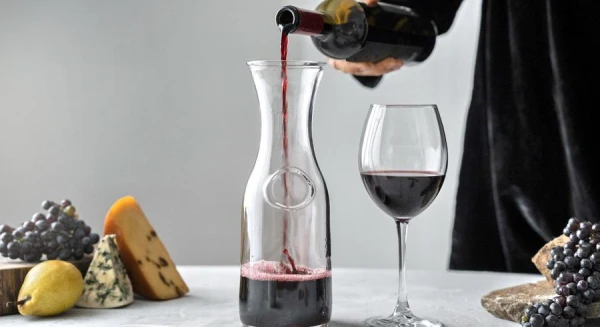
Wine is a unique and ancient drink valued for its complex palette of flavors and aromas. However, despite all its charm, many winemakers and wine enthusiasts face one serious problem: if the production technology and storage conditions are violated, the product can become sour and unfit for consumption.
The transformation of wine into vinegar may seem like magic to those who are far from science, but in reality, it is quite a natural chemical process. It all comes down to the air that enters the bottle: when the drink, or rather the millions of bacteria formed during fermentation, comes into contact with oxygen, oxidation occurs, resulting in the conversion of wine alcohol into a mixture of water and acetic acid.
At the same time, the process of transforming wine into vinegar depends on a large number of factors, and it can occur with both homemade and store-bought products. However, this happens less frequently with the latter, as various preservatives are added to prevent oxidation.
Wine is a delicate drink that requires special conditions to maintain its quality. If it is placed in a warm room where the temperature ranges from 6 to 45 degrees Celsius, oxidation is inevitable — be prepared to likely smell a characteristic sour aroma when opening the bottle. And if it is also stored upright rather than on its side, as is usually done in wineries, the likelihood of air entering the container increases even more.
The Impact of Air
Oxygen is enemy number one when it comes to preserving wine. To prevent it from entering the vessel with the drink, winemakers use special corks made (strangely enough) from cork oak: before sealing the bottle with it, the cork is compressed using a special machine, reducing its diameter, then it is carefully placed into the neck, where it expands and fits tightly against the inner walls.
The Presence of Acetobacter Bacteria
Acetobacter bacteria are naturally present in the environment, including on the skin of grapes. If they are not eliminated during the winemaking process, the alcohol component can turn into acetic acid. Contamination can also occur during fermentation or through contact with contaminated equipment.
How to Prevent Wine from Turning into Vinegar
Amateur winemakers should carefully follow the technology of producing the drink and properly store wine bottles to minimize the risk of spoilage.
Store wine in a cool, dark place, such as a cellar or refrigerator. Heat and light can accelerate the oxidation process.
Keep bottles horizontally.
Use quality corks that fit tightly to the neck.
Avoid temperature fluctuations.
Do not leave wine bottles open. Either finish the drink completely or purchase a special cap that will remove excess oxygen from the container, prevent it from entering further, and slow down the oxidation process.

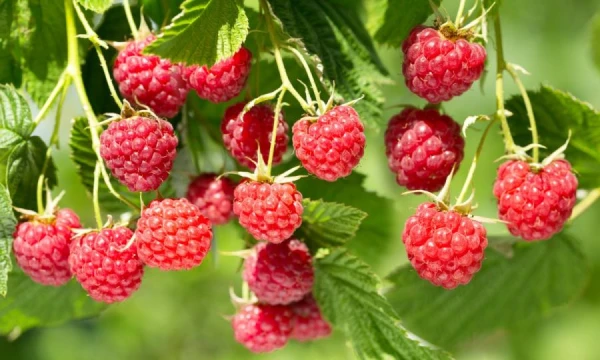
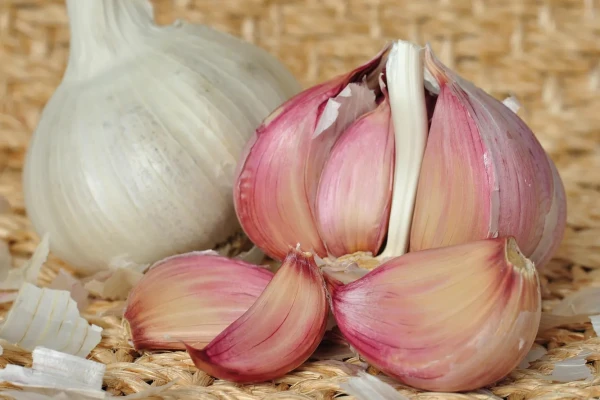
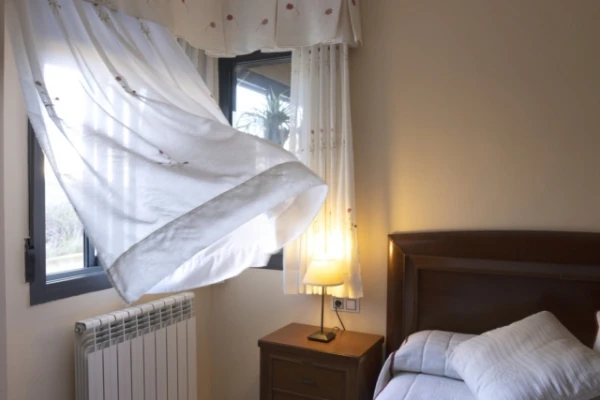
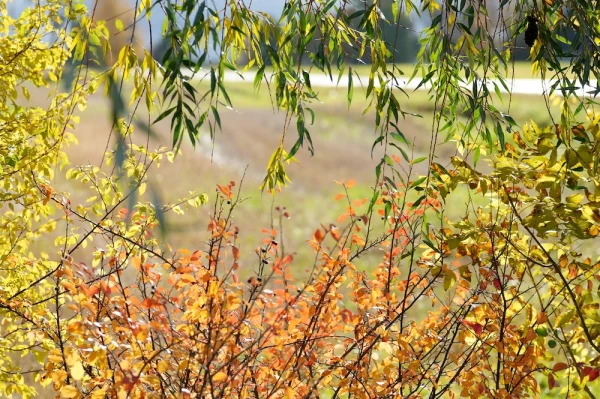
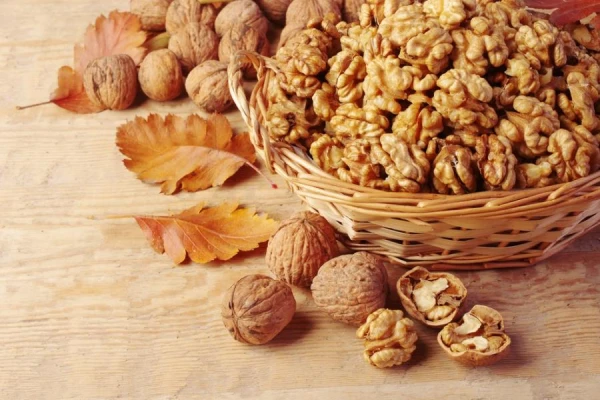
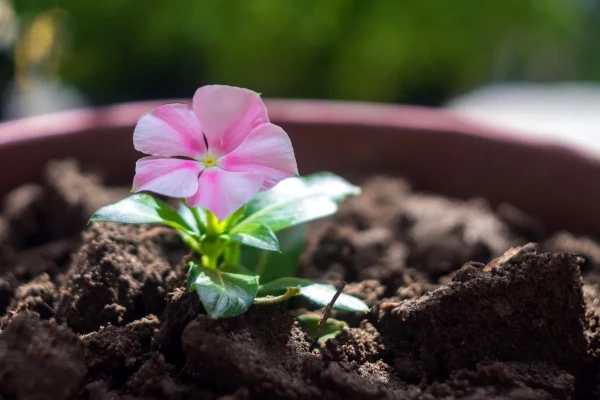
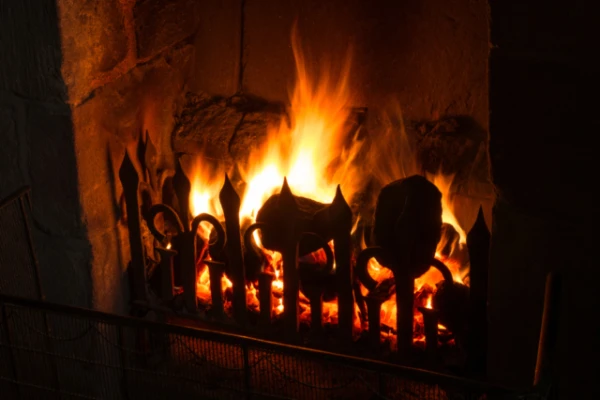





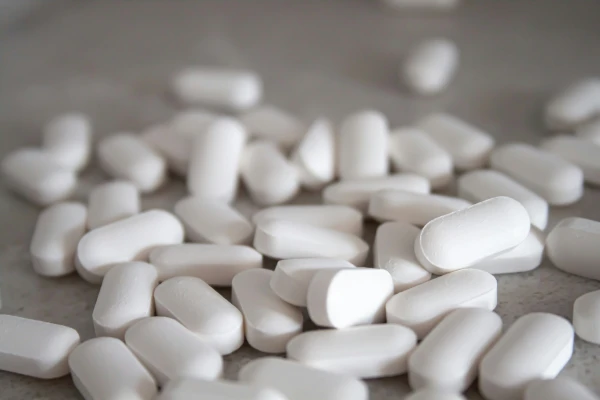

Leave a comment